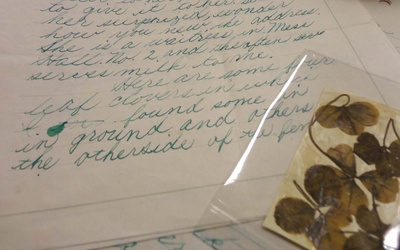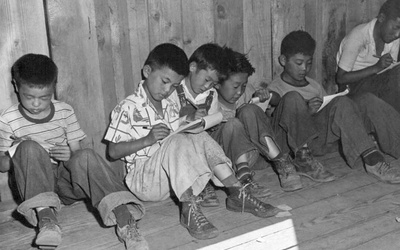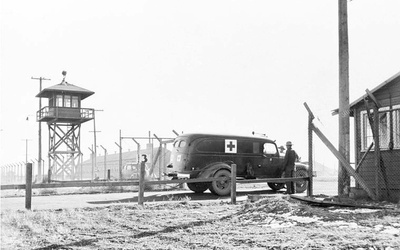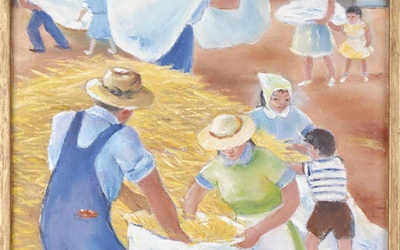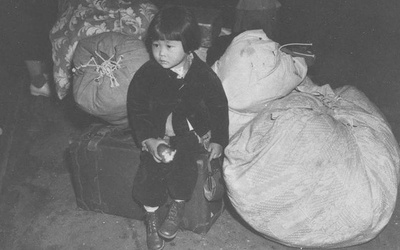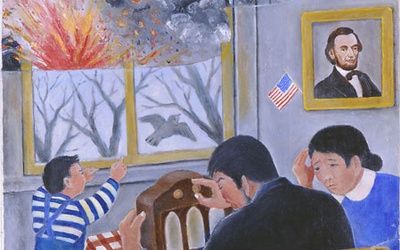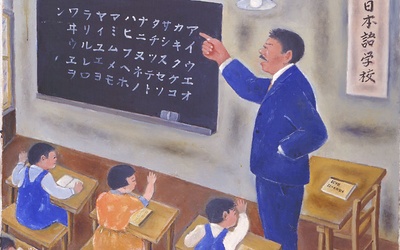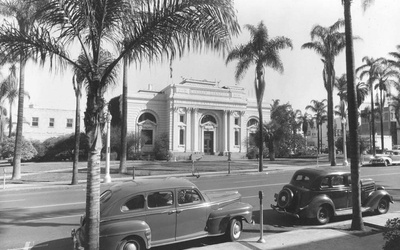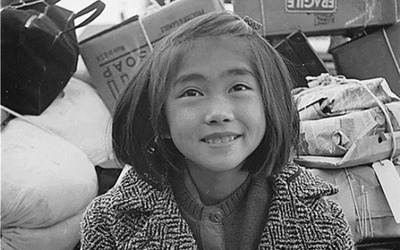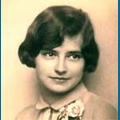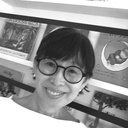
Yuri Brockett
@yuri_brockettAfter working at the Japanese Embassy in Tokyo, she moved to the US with her family when her husband studied at a graduate school. In New York, she taught Japanese at a university while raising her children, and then moved to Seattle to study design. She worked at an architecture firm before moving to her current position. She is drawn to the world of children's books, architecture, baskets, stationery, kitchenware, travel, handicrafts, and things that get better and tastier with age. She lives in Bellevue, Washington.
February 2015 Update
Stories from This Author
Chapter 2: The "Assembly Camp" Concentration Camp: From Spring to Fall 1942 (4)
March 23, 2015 • Yuri Brockett
Read Chapter 2 (3) >> 4. Connecting the "Meeting Place" with the Outside World Even if you live surrounded by barbed wire, if you can feel that there is a world outside, you can weave hope for the future. Breed continued to send books and letters, the second generation young people aspired to work in the school and library in the assembly center, the teacher sisters "kept delivering salami and the school," the high school student who had been in …
Chapter 2: The "Assembly Camp" Concentration Camp: From Spring to Fall 1942 (3)
March 16, 2015 • Yuri Brockett
Read Chapter 2 (2) >> 2. Start from what you can do and within your reach The adults around the children begin to do what they can, wherever they notice something or where there is a need. Even in this environment, the way they take the initiative to try to make it as livable as possible shows the indomitable and positive energy of the Issei and Nisei. It is spring, and it is in tune with the rhythm of nature. …
Chapter 2: The "Assembly Camp" Concentration Camp: From Spring to Fall 1942 (2)
March 9, 2015 • Yuri Brockett
Read Chapter 2 (1) >> Criticism By the time they reached high school, they had begun to criticize the government's methods, which were very different from the constitution that they had been taught in school to protect human rights. The following is a message left by Kaizo, a high school senior who is the older brother of one of Breed's children, Aiko Kubo. My world was crumbling before my eyes. From the moment I stepped into the barbed wire fenced …
Chapter 2: The "Assembly Camp" Concentration Camp: Spring to Fall 1942 (1)
March 2, 2015 • Yuri Brockett
Read Chapter 1 (4) >> ... We don't know exactly what life will be like in the camp, much less where we'll go afterwards. But we'll be among 4,000 Japanese Oregonians being housed at the Portland Camp, a former international livestock showroom. With limited work options available, many of us will likely just waste our time in boredom. In such a crowded environment, parents' biggest concern is their children: how to protect them from harmful influences and how to guide …
Chapter 1: Until Eviction (4)
Feb. 23, 2015 • Yuri Brockett
Read Chapter 1 (3) >> 4. Eviction Order <Spring 1942> Finally, the evacuation of Japanese Americans from military areas designated on the West Coast began. Some families voluntarily moved from the military areas, but this was a massive migration of more than 110,000 people. The construction of permanent inland relocation camps was not completed in time, so people set off to temporary "assembly centers." The evacuation began from the areas most inconvenient to the military. Bainbridge Island, with its nearby …
Chapter 1: Until Eviction (3)
Feb. 16, 2015 • Yuri Brockett
Read Chapter 1 (2) >> 3. The attack on Pearl Harbor and its repercussions <December 7, 1941 – Spring 1942> On Sunday, December 7, 1941 (Showa 16), many Japanese people living on the West Coast learned of the attack on Pearl Harbor through emergency radio news that was repeated incessantly: "The Japanese military has attacked Pearl Harbor. ... The damage to the American fleet is enormous. Fires are spreading all over the coast..." 1 The following is an excerpt from …
Chapter 1: Until Eviction (2)
Feb. 9, 2015 • Yuri Brockett
Read Chapter 1 (1) >> 2. Premonitions <1939 – Until the attack on Pearl Harbor> Henry Miyatake is a lively middle school boy who lives in Seattle's Japantown. His family consists of five people: his parents, his older sister, and his older brother. When his father first came to the United States, he grew lettuce in Huntington Beach, California, together with other Japanese immigrants. However, the lettuce would often get black, sloppy bits on it, and Henry's father thought it …
Chapter 1: Until Eviction (1)
Feb. 3, 2015 • Yuri Brockett
Read the prologue >> After the attack on Pearl Harbor in 1941, more than 110,000 Japanese people living on the West Coast of the United States were sent to internment camps. Two-thirds of them were born in the United States and were citizens, but they were simply of Japanese descent. Why did such an injustice happen, despite the United States Constitution, which proclaims individual freedom and equality? 1. Historical Background Immigration from Japan to America began with immigration to Hawaii …
prologue
Feb. 2, 2015 • Yuri Brockett
I had been receiving a subscription to "Children and Books" for many years, and I was running low on the subscription fee, so I sent it to them. I had just received "Man's Search for Meaning" (by Viktor E. Frankl, translated by Kayoko Ikeda) from the University of Oregon library, which I had requested from my local public library. I wrote to the librarian saying how grateful I was that they had searched through libraries all over the United States …

